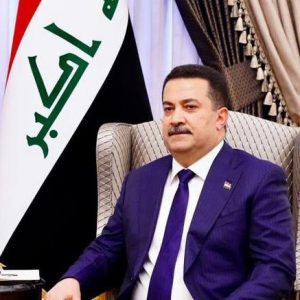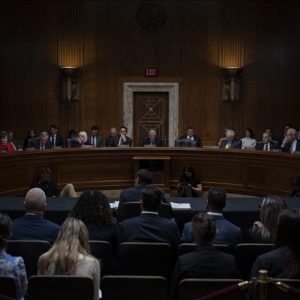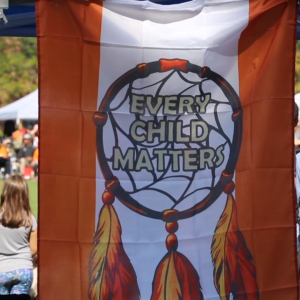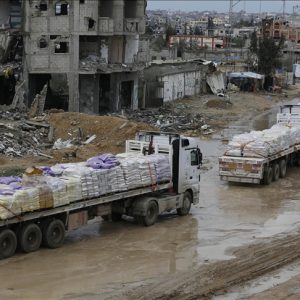Israel tells US its war in Gaza will last ‘months’
Palestinian Territories – AFP
Israel pressed its offensive in the Gaza Strip on Friday after telling key backer the United States that its war in Gaza will last “more than several months”.
According to the health ministry in Gaza, Israel has killed more than 18,700 people, mostly women and children since October 7.
The ministry said early Friday that dozens of people had been killed or injured in Israeli strikes on Khan Younis in southern Gaza, while witnesses said several people had been killed in air strikes on Nuseirat in central Gaza.
Late Thursday in the southern city of Rafah near the Egyptian border, crowds of Palestinians used flashlights to search under the rubble of buildings for survivors following an Israeli strike.
“This is a residential neighbourhood, women and children live here, as you can see. This residential neighbourhood has been reduced to rubble,” said Abu Omar, who is living in Rafah.
“Three missiles on a residential neighbourhood that has nothing to do with any militant activities.”
Israeli military spokesman Daniel Hagari said troops were engaged in fighting in two districts of Gaza City late Thursday.
“There will be more tough battles in the days to come,” he said.
The Israeli military on Friday said a total of 117 troops have died in Gaza since the start of the ground offensive.
It also said the body of Elia Toledano, who was among those taken prisoner by Hamas on October 7, had been recovered and returned to Israel.
“We are working together with security agencies, and with all intelligence and operational means in order to return all of the hostages home,” the army said.
– ‘We will destroy them’ –
While the United States has strongly backed Israel’s response to Hamas’s attacks, it has pressed its ally to do more to minimise civilian casualties.
On Thursday, US National Security Advisor Jake Sullivan met in Tel Aviv with Israeli Prime Minister Benjamin Netanyahu and Defence Minister Yoav Gallant.
During their meeting, Gallant warned that Israel’s fight with Hamas “will require a period of time — it will last more than several months, but we will win and we will destroy them”.
Speaking in Washington, US President Joe Biden urged Israel to take more care to protect civilians in Gaza.
“I want them to be focused on how to save civilian lives — not stop going after Hamas, but be more careful,” said Biden, whose government has provided Israel with billions of dollars in military aid.
White House spokesman John Kirby, meanwhile, said Washington was “not dictating terms” to Israel and that the timeline given by Gallant was “consistent” with what Israeli officials had previously said.
Netanyahu on Thursday vowed to carry on “until victory”, and Foreign Minister Eli Cohen said the war would continue “with or without international support”.
– ‘Desperate, hungry, terrified’ –
This week, the UN General Assembly overwhelmingly supported a non-binding resolution for a ceasefire in Gaza, with Washington voting against it.
The United Nations estimates 1.9 million of Gaza’s 2.4 million people have been displaced.
The head of the UN agency for Palestinian refugees, Philippe Lazzarini, warned Gaza risked a “breakdown of civil order”.
“Everywhere you go, people are desperate, hungry and are terrified,” said Lazzarini, who recently returned from Gaza.
According to UN humanitarian agency OCHA’s latest update on the situation in Gaza, more than a third of households in the territory have reported experiencing severe hunger, while more than 90 percent are “going to bed hungry”.
Adding to Gaza residents’ desperation, mobile and internet communications were cut Thursday, according to Palestinian telecommunications company PalTel.
“We regret to announce that all telecom services in Gaza Strip have been lost due to the cut off of main fibre routes from the Israeli side,” it said in a message on social media.
“Gaza is… blacked out again,” PalTel said, with global network monitor Netblocks confirming the blackout.
Hamas’s media office described the blackout as a “premeditated crime that deepens the humanitarian crisis” by making it harder for rescuers to reach injured people.
Even as the need for humanitarian assistance grows, aid distribution has largely stopped in most of Gaza, except on a limited basis in the Rafah area, according to the UN.







